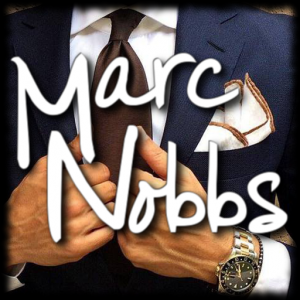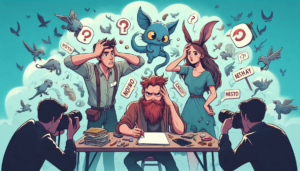A fellow writer is setting about writing a story about hate mail. Okay, it’s a bit more complicated than that, but that’s what it boils down to. (I won’t say who or give any more details yet – but I will closer to the stories release if it’s okay with him) Well, this got me thinking about the sort of correspondence I’ve received over the past couple of years. I’ve never really had anything I’d class as hate mail. I’ve had a few messages along the lines of “you suck” or “this story is shit”, but nothing particularly venomous and hate-filled.
 I guess the closest I’ve come is a message I got at the tail-end of 2005 regarding “Reunion”. I’ve thought long and hard about whether I should post that message as part of this blog so that you can see what I’m talking about, but I’ve decided not to do so in its entirety. I’ll use short quotes to make the points I want to make instead.
I guess the closest I’ve come is a message I got at the tail-end of 2005 regarding “Reunion”. I’ve thought long and hard about whether I should post that message as part of this blog so that you can see what I’m talking about, but I’ve decided not to do so in its entirety. I’ll use short quotes to make the points I want to make instead.
The message starts off quite pleasantly.
“Let me apologize up front for writing this critique. I enjoyed your writing style, but the story should have been much better.”
Now, bear in mind that Reunion is my highest rated story according to the old scores (2nd highest on Qscores) and has generated more positive feedback than any other story I’ve written, so this was a bit of a surprise, to say the least.
The first few paragraphs talked about a glaring error that I was aware of to do with the age of one of the characters. It’s something I’ve fixed in the Lulu version of the story, but every time I’ve tried to ‘update’ a story on SOL, the text has always remained the same. (Not just with this story, but with others too). A few people had mentioned this error, and as I said, I was aware of it. But this correspondent was quite strong in his criticism of this. In the rest of his message, he attacked the motives of the ‘heroes’ and defended the ‘villain’ of the piece. Roy is the villain, and these are the correspondent’s thoughts.
“Roy’s behaviour was very understandable after having lost a child to an accident where alcohol may have played a role…… In other words, you did not make Roy enough of a villain to absolve Matt the misdeed of being an adulterer. As a result, Roy was a much more sympathetic character than intended.”
What bothers me about this is that the correspondent has made an incorrect assumption about my intentions and then chastised me for not doing what he assumed. I don’t believe in characters that are wholly good or wholly bad because real people aren’t like that. Real people have real motivations and do what they believe is right—even if the rest of the world thinks they are wrong. I think characters doing the wrong things for the right (or at the very least, understandable) reasons are much more interesting. He’s also made an assumption about my intentions for Matt (the ‘hero’). Like I don’t want Roy to be completely unsympathetic, I don’t want to absolve Matt of his crimes. Isn’t a flawed hero much more interesting than a perfect one? Would “Lord of the Rings” be as good if Frodo hadn’t been tempted by The Ring?
The message goes on to tell me how I should have written Matt. He tells me he would never hire an attorney with so little regard to ethics as to have an affair with a client’s wife (er… isn’t that the major conflict point of the story? It wouldn’t be much of a story without it).
He said that Matt…
“played the coward and thus reduced the empathy I as a reader needed to have in his character for the story to be satisfying and for their reconciliation to be validated.”
I’d argue that Matt played the coward. I don’t believe he did. In the story’s conclusion, I believe he made a difficult decision and chose the most difficult path available to him at that moment. He makes a sacrifice for his heart—that’s far from cowardice. But if a reader loses empathy and doesn’t find the story satisfying because it doesn’t do what he wants it to, then I’m sorry, but that’s the reader’s lookout.
What the correspondent is doing is looking for a story that does what he wants, in a way he wants, and he hasn’t found it in “Reunion.” As he says in his final comments…
“This should have been a ‘true love conquers all story’. Instead, you wrote about two cheaters whom I as the reader did not care about by stories end. You blew it.”
Well, fair enough then. However, this is the only negative e-mail I received about this story. As I said to the correspondent in my reply, that doesn’t make him wrong and everyone else right, but it does justify the way I wrote the story. A story that pleases everyone on every level is an impossible thing to write. The best most of us can hope for is a story that pleases some people on some levels and motivates them enough to tell you about it. (Or pay you for it) If you haven’t read Reunion for yourself, I’d encourage you to do so and then let me know your thoughts both on the story and this blog.















1 Comment